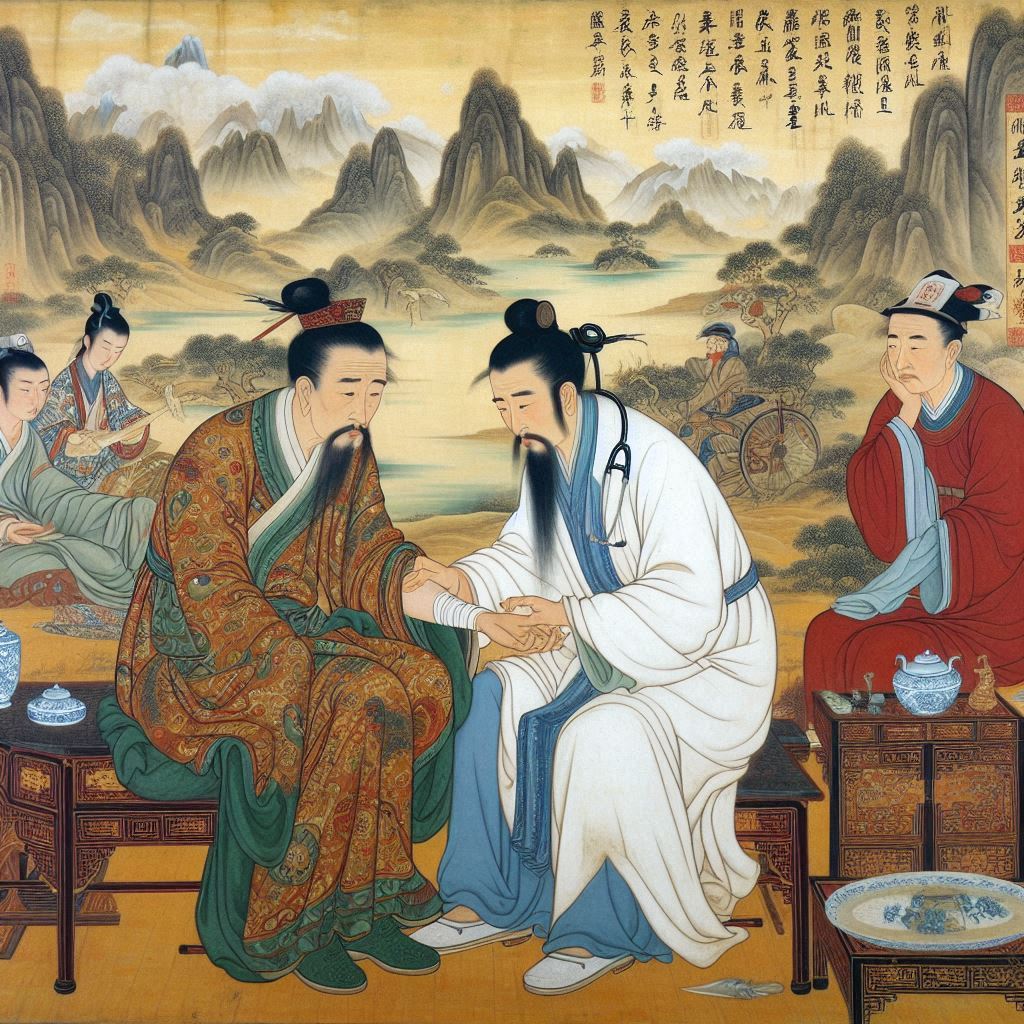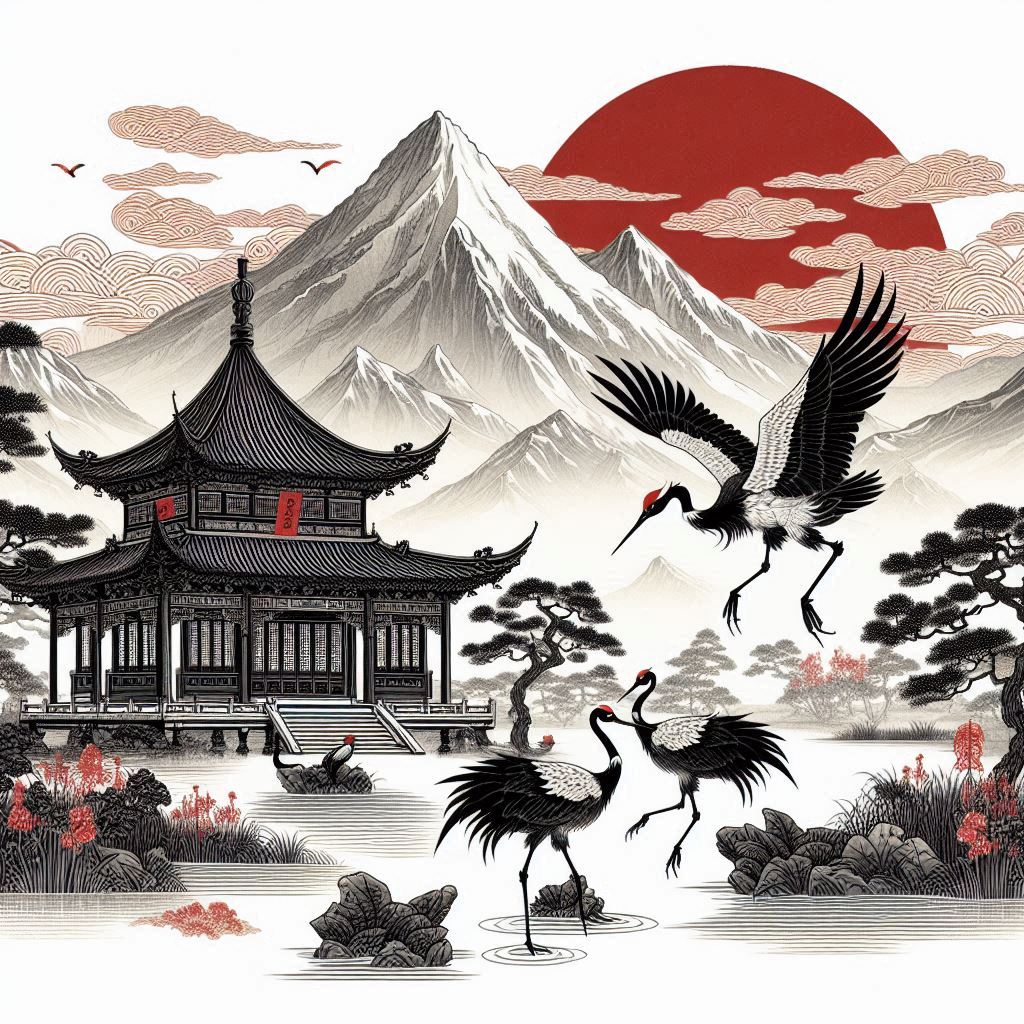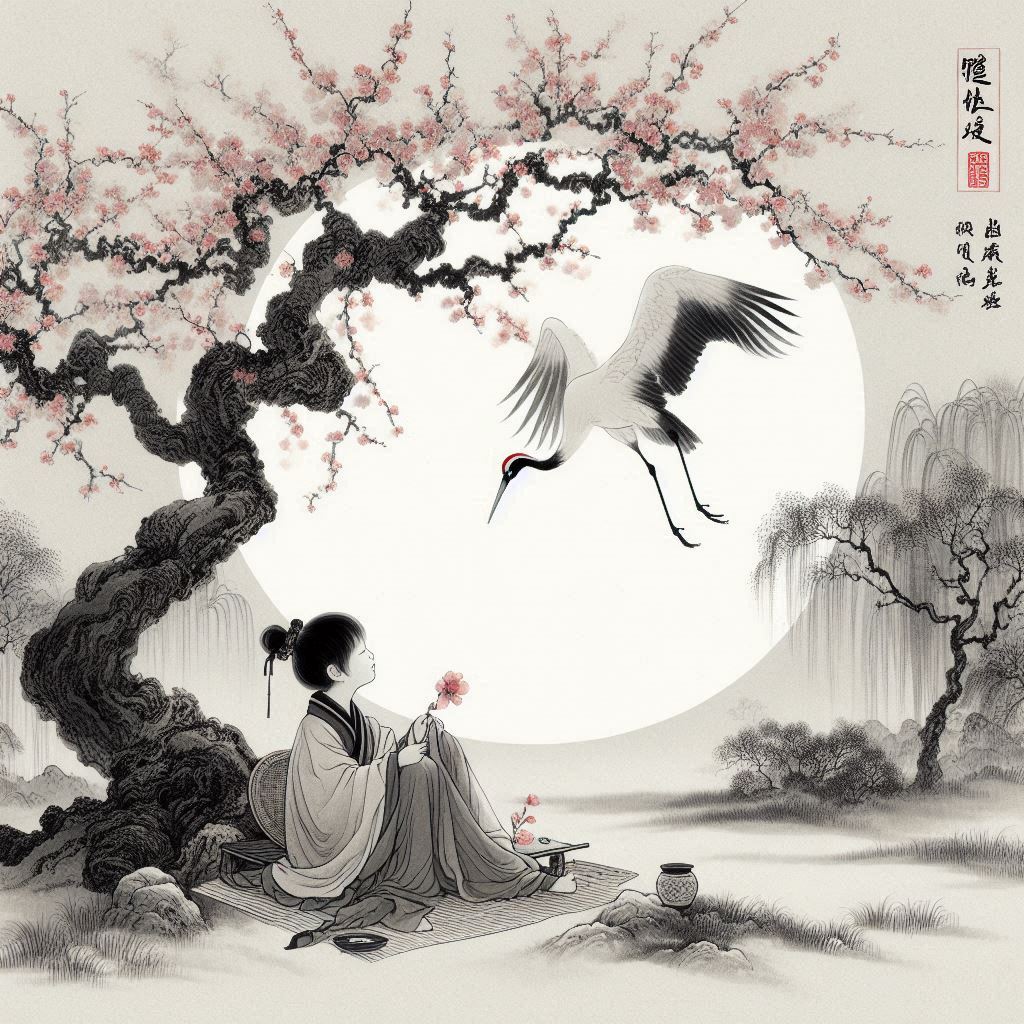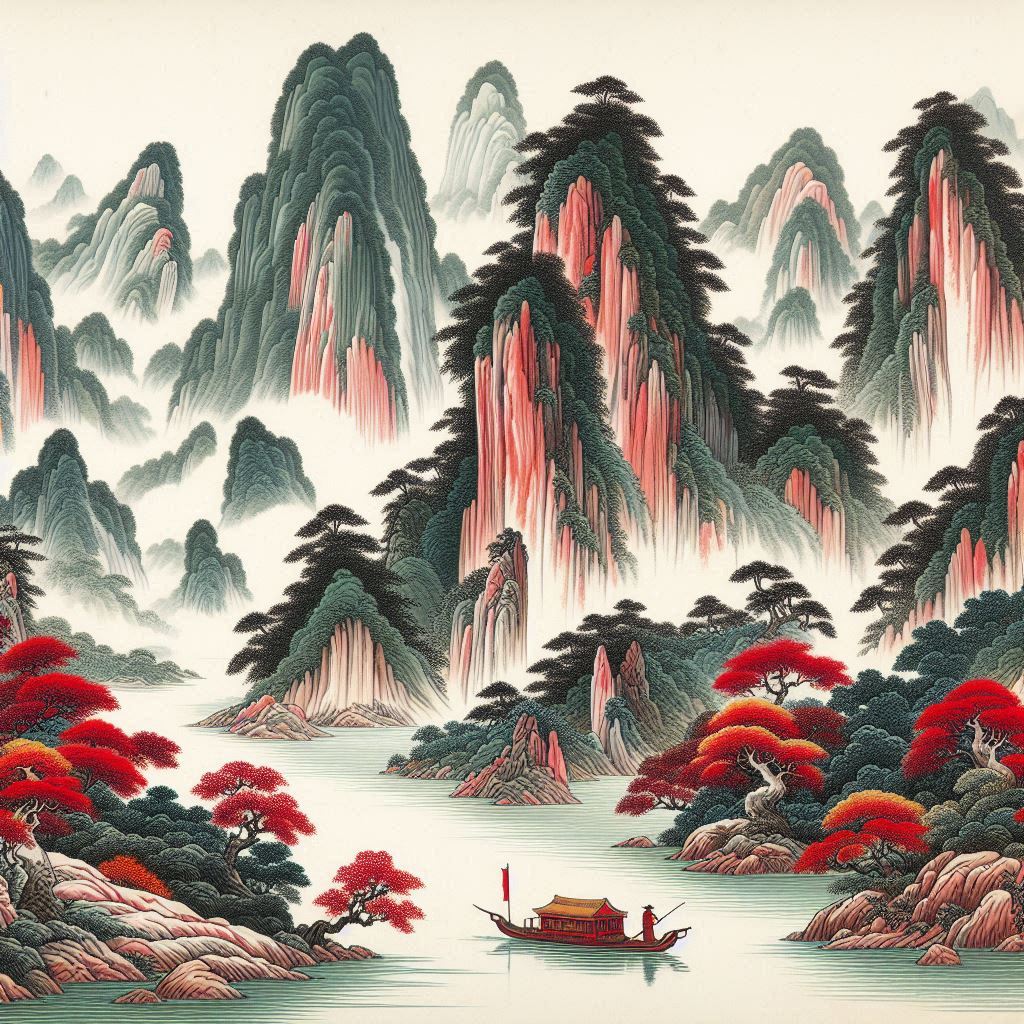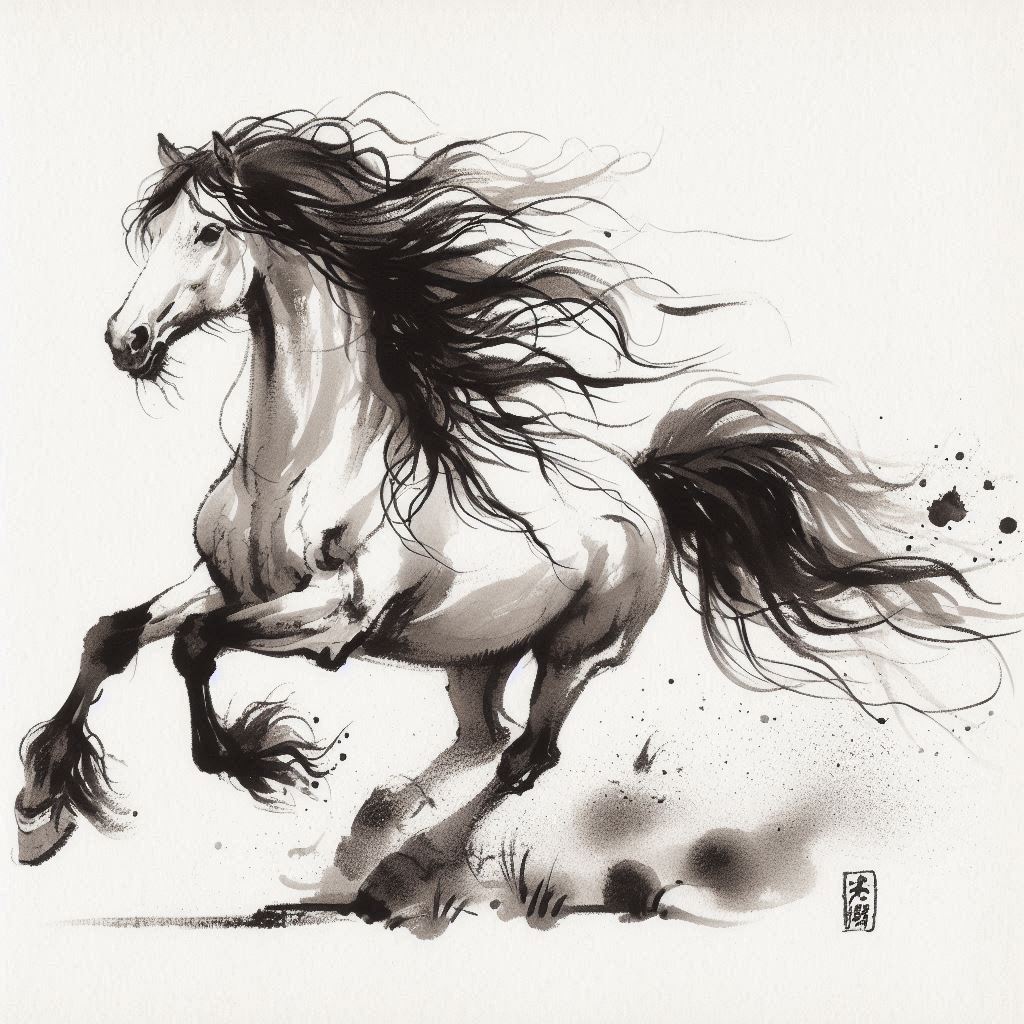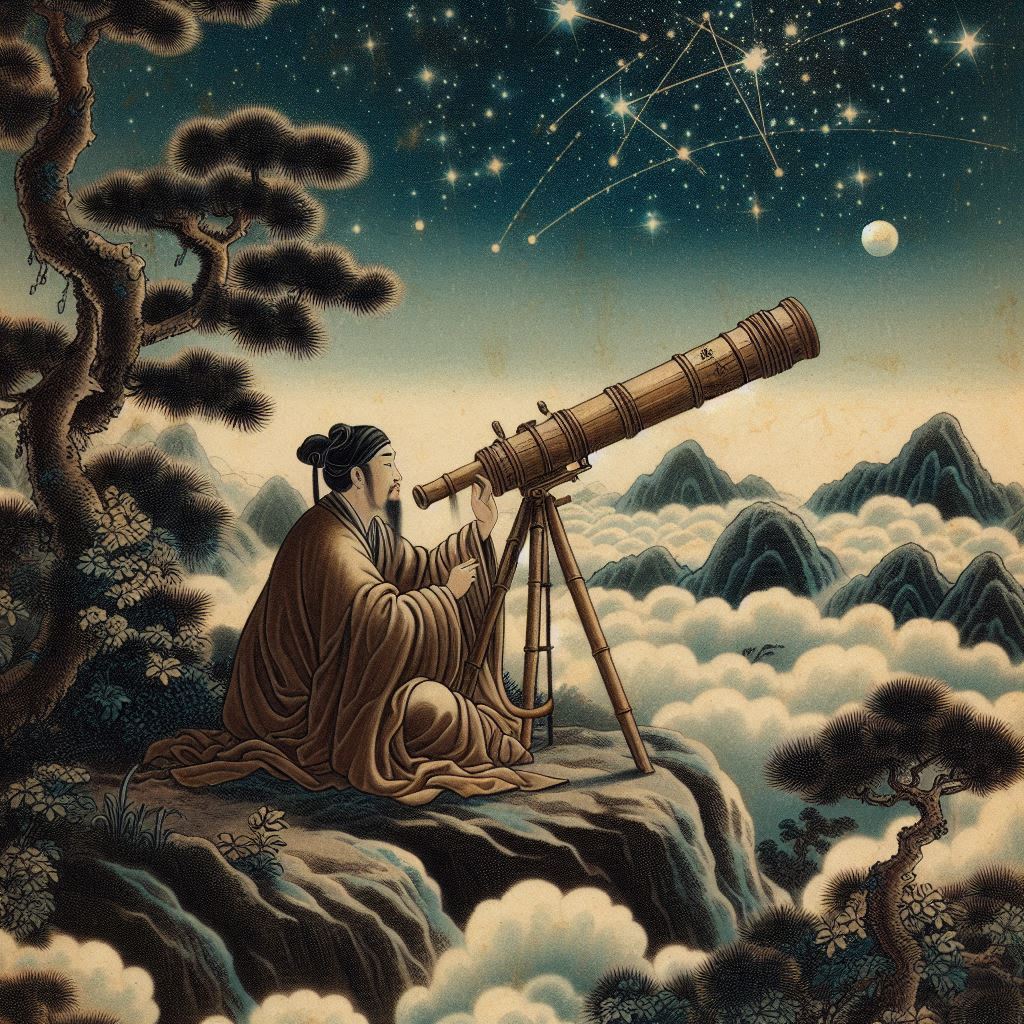In Western science the small intestine is responsible for absorbing nutrients. It receives the processed food from the stomach which is already broken down into liquid(1). As this liquid flows across the inner surface of the small intestine, nutrients within the food come into contact with the many blood vessels, which surround the small intestine. This blood then leaves the small intestine, carrying away nutrients, water electrolytes, vitamins, minerals, fats, and medications to the entire body.
In traditional Chinese medicine the fluids that are passed down to the Small Intestine from the Stomach, are separated into “clear”(1)(2) - which are sent to the Spleen to be transported and distributed throughout the body(1)(3), and “turbid” - which are send to the large intestine and urinary bladder to be excreted(1)(2)(3).
Furthermore in traditional Chinese medicine the Small Intestine is the partner organ of the Heart. It is peculiar why both organs work in partnership as their physiological functions are completely dissimilar. The reason for that may be the mental manifestation of both organs.
In TCM the Heart houses the mind(2)(3). It is responsible for virtually all mental activities, including emotions, consciousness, memory, thinking, and sleep. These mental activities all rely on the ability to make clear judgment, which is governed by the Small Intestine(3).
Since on a physiological level the Small Intestine is responsible for separating clear fluids from turbid fluids, on a mental level it governs the mental ability to separate what is right from what is wrong. This ability to have clear judgment is essential to carry out our mental activity. Vice versa – the ability to distinguish what is right from what is wrong depends on our mental capacity(3). Thus the Small Intestine and the Heart coexist in a partnership. People with healthy Small Intestine have the ability to distinguish relevant issues with clarity while people with imbalanced Small Intestine have difficulty to recognise available opportunities and to make the right choices for themselves.
YS
(1) Zhang, Enqin (1990). Basic Theory of Traditional Chinese Medicine. Shanghai: Publishing House of Shanghai College of Traditional Chinese Medicine
(2) Deng Liangye, Gan Yijun, He Shuhui, Ji Xiaoping, Li Yang, Wang Rufen, Wang Wenjing, Wang Xuetai, Xu Hengze, Xue Xuiling, Yuan Jiuling (1987). Chinese Acupuncture and Moxibustion. China: Foreign Languages Press
(3) Maciocia, Giovanni (1989). The Foundations of Chinese Medicine. Edinburgh: Harcourt Publishers Limited
Related Articles:
The Heart and the emotion "joy"
The Heart, the season summer, and summer foods that benefit the Heart
Herbs that tonify Qi and benefit Heart Qi deficiency
Heart Blood deficiency
Herbs that tonify the blood and benefit Heart blood deficiency
Herbs that transform phlegm and benefit phlegm in the Heart
Herbs that calm the spirit and clear heat in the Heart
Please read our Disclaimer

